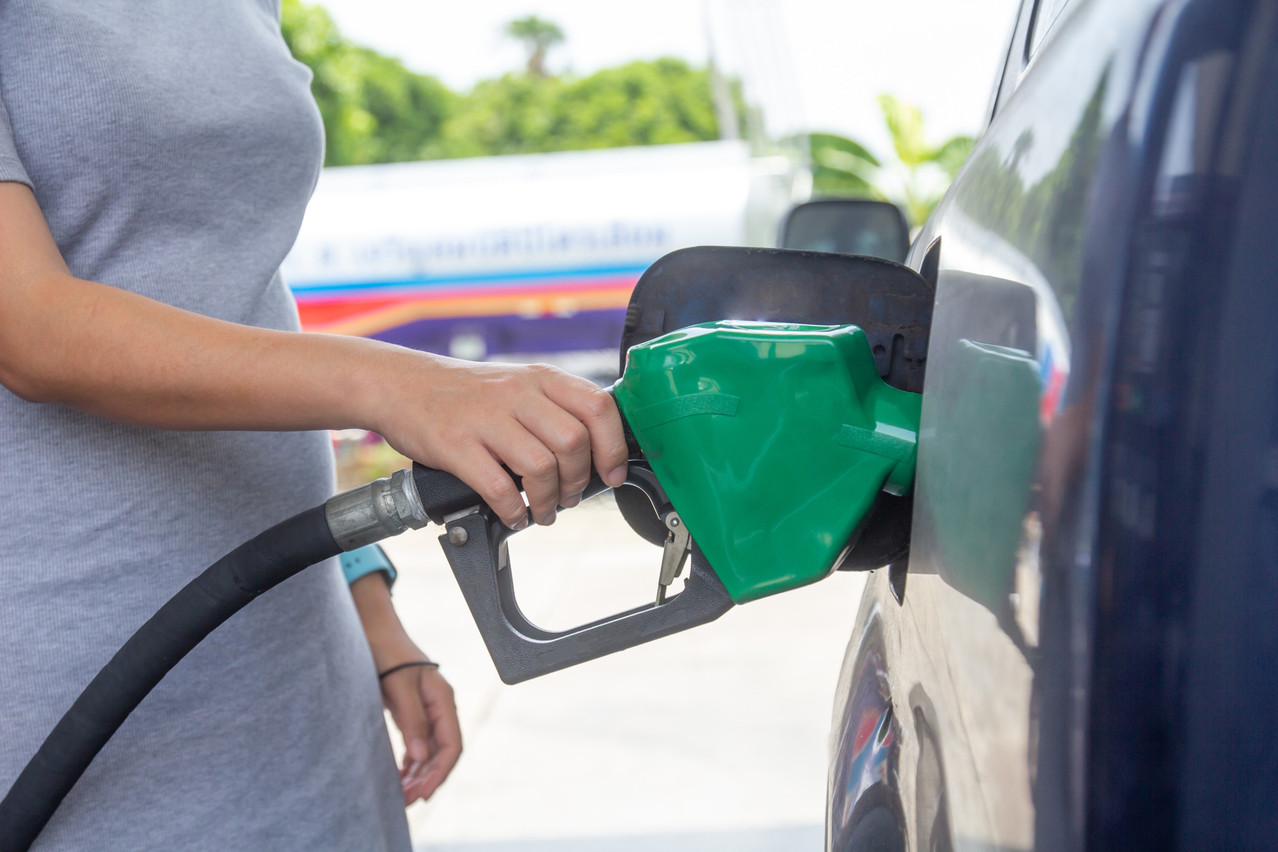At the request of the CSV, the biggest opposition party in parliament, deputies met to discuss the cost of fossil fuels. As prices continue to remain high, the members of parliament took position on
This government-issued subsidy took off 7.5c/litre off the price of petrol and diesel at the pump, as well as for heating oil. Various members of the opposition--like the Pirate Party and déi Lénk--at the time had criticised the measure, stating it was going against environmental targets and only benefitted those who were already financially at an advantage.
(Pirate Party) reiterated this position on 28 June, stating that “the 7.5c/litre at the pump (…) is one of the most stupid decisions that [politicians] have ever taken because this money has almost directly gone into the pockets of those who didn’t need it.” , the socially selective measures proposed by the state would give more to high income households and heavy polluters--whose cars for instance consume more CO2--than early adopters of green energy mobility or public transports.
The majority parties agreed that more targeted help would be more meaningful than continuing to lower the price of fuels.
CSV cites competitiveness, government reacts
The main opposition party, however, wishes to see the measure extended until the end of September. The tourism the grand duchy attracts through its lower prices at the pump could go down drastically if the country couldn’t compete with neighbouring countries during the summer anymore.
In the meantime, energy minister Claude Turmes (déi Gréng) has warned of a ahead, as Russia cuts of its natural gas supply to Europe and the EU has to reorganise its stocks. On 23 June, the minister also as possible while the EU member states find a solution.
Finance minister (DP) also expressed the government’s position on the matter, stating that “for many, the fact that the prices at the petrol station were lower in Luxembourg than those abroad was a law of nature” but the measures taken by other countries--like the Tankrabatt in Germany--are just as temporary, meaning that “the difference in prices should become bigger again”.
Backes acknowledged that those living in rural areas or lower income households will be more impacted by the end of the fuel price aid, but that the energy tax credit which will be added to their income will compensate for this.
